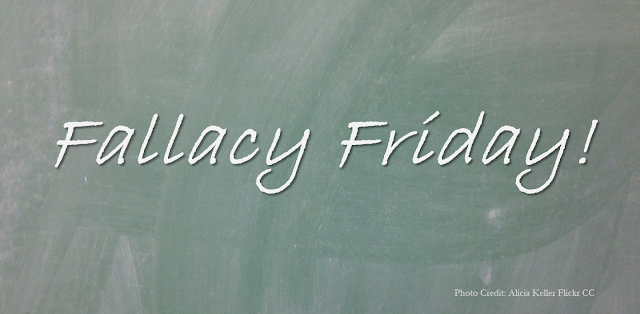You're not strong enough.
You're not trying hard enough.
You must have done something wrong.
You deserved this.
These are the messages we hear, day in and day out. The admirable qualities of self-reliance, working hard, and trying again becomes twisted into one of prideful judgment:
If you need help, you’re weak.





